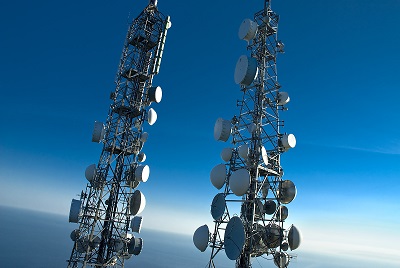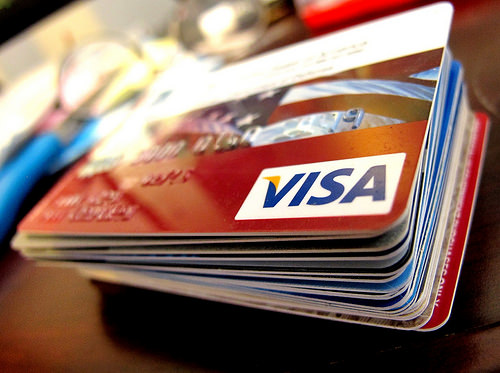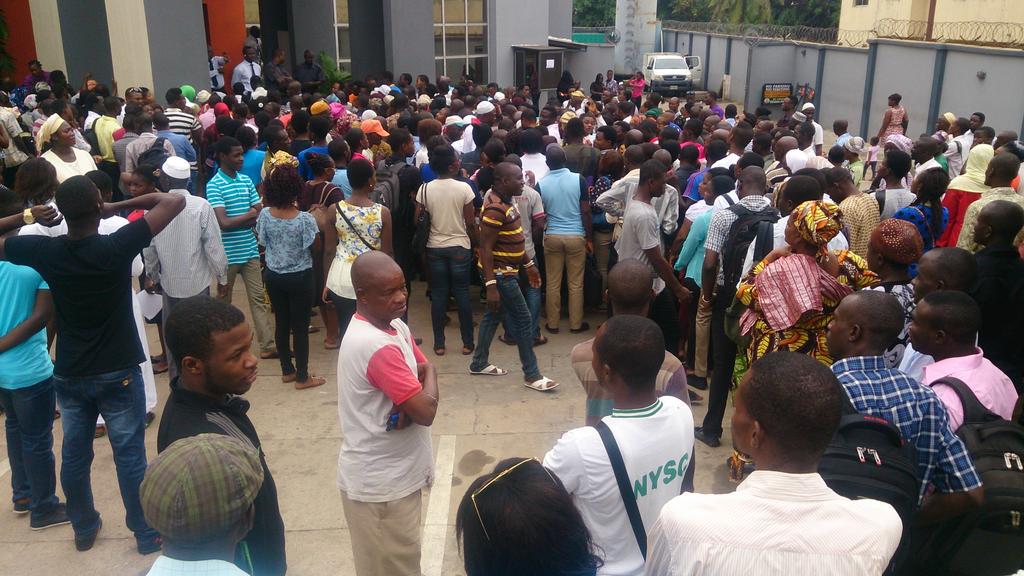For a country that has always depended on one sector, it was a progressive move when the Nigerian government first hinted at diversification. Technology was allegedly employed as a tool for the proposed diversification. However, like in times past, the government is proving that they are all talk and no action. Unfortunately, when government officials are called out on their action, the blame game begins.
While we await the ‘change that we have been promised’, these are 5 reminders of times the government has failed Nigerians.
Broadband penetration
In 2012, under former President Goodluck Jonathan’s administration, a presidential committee for a national broadband strategy and roadmap was inaugurated. This 15-member committee came up with a 5-year plan (2014-2018) to aid the government in partnership with the private sector to provide Nigerians with quality access to broadband.
According to Omobola Johnson, the former minister for Communications Technology, if Nigeria can achieve an increase of up to 30% in broadband penetration by 2017, it would result in a 3% increase in GDP.
As of 2016, the country could only boast of a 14% penetration even though a later report released by the NCC suggested that penetration had increased to 20.95%. With about 10% penetration to go and less than a year before the 2018 target period, we wonder if the Nigerian government would be able to execute this plan effectively.
Digital switch-over
In 2006, the 119 member countries of the international Telecommunications Union, Nigeria inclusive signed an agreement to transit from analogue to digital broadcasting by June 2015 in line with the global trend. Nigeria set its own deadline to June 2012, three years before the ITU deadline. 2012 came and Nigeria couldn’t meet up with its set deadline, so the deadline was shifted to the agreed ITU deadline in 2015. In 2015, Nigeria still couldn’t meet up with the ITU deadline. With ITU threatening to shut down the analogue transmission of any country whose transmission interferes with the digital transmission of neighboring countries, Nigeria pleaded with the organization for an extension to June 2017. With only four months to the extended deadline, Nigeria has only been able to migrate to digital broadcasting in Jos and Abuja in April and December 2016 respectively. As the set deadline for the digital switchover draws near and with 35 states to go, it is obvious Nigeria would not meet this year’s deadline.
CBN’s Cashless economy policy
The cashless economy policy initiative was first implemented by the CBN in Lagos in 2012. The CBN announced that this was the first phase of introducing the policy to the whole federation. The policy limits daily cash withdrawals and deposits for individuals to N500,000 while corporate customers can withdraw and deposit a maximum of N3million. In October 2013, the CBN implemented the policy in Abuja and five other states- Abia, Anambra, Ogun, Kano and Rivers states. In June 2014, the CBN while announcing the take-off of the third and final phase of the cashless policy stated that charges on withdrawals for both individuals and corporate account holders would be suspended in 30 states of the federation until July 1, 2015, when the policy would have been implemented in all these remaining states.
In 2017, two years after the proposed “deadline”, the policy has still not been fully implemented in these remaining states. The CBN in a recent announcement revealed its plans to implement the policy in the remaining 30 states this year, 10 states at a time. 10 states by the 1st of May, another 10 by the 1st of August and the last 10 states by the 1st of October.
If the CBN could not do a nationwide rollout in 2 years, why should we believe they can pull it off in 8 months? The answer to this question would be partially answered by May.
Bank Verification Number (BVN)
BVN was launched by the CBN on the 14th of February, 2014. The process involves the registration of customers in the financial system using biometric technology. This record can be used to correctly identify the person afterward. According to the CBN, the objective of the BVN initiative is to protect bank customers, reduce fraud and strengthen the Nigerian banking system. The deadline for BVN was extended twice because many Nigerians were not able to meet up. 3 years after the introduction of this initiative, has the banking system been able to get things right?. We have heard many complaints about the unnecessary stress people have had to go through in a system that already has people’s data. If my data has been registered in the system, why should I still have to keep filling forms with these same data? How many Nigerians even have their BVN cards in 2017?
Went to @UBAGroup to collect a bvn card for reg which was done in 2014. I got;@NIBSSPLC hasn’t supplied cards for two years. Nig is a joke!
— May A. (@Maeiiygurl) February 21, 2017
National Identity Card
Similar to America’s social security number and England’s National Insurance Number, Nigeria’s national identification number was designed to identify Nigerians and also to provide the information to afford the government efficient national planning, election, census board, law enforcement, banking, tax collection, pension board and education. The project which was commenced in 1963 has had successive administrations allocating yearly funds to the project and doing nothing about it. In 2013, the Goodluck Jonathan administration reintroduced the scheme. The ID card introduced was designed to also serve as an ATM card and a travel card that would eventually allow Nigerians travel passport-free within the West-African sub-region. The relaunch saw many Nigerians registering for their national ID numbers. Although many of these Nigerians have collected their ID cards, more have not been able to get theirs owing to the fact that the cards are not ready. What would the government do about the millions of Nigerians that do not have their information on the database in 2017? And what steps are being taken to ensure that everyone that has registered gets their card?
The Nigerian government has continued to fail the citizenry and have long begun to sound like broken records when they make promises. We are still waiting for the fulfilment of many of the promises this present administration made during their election campaign especially those on ICT development.











